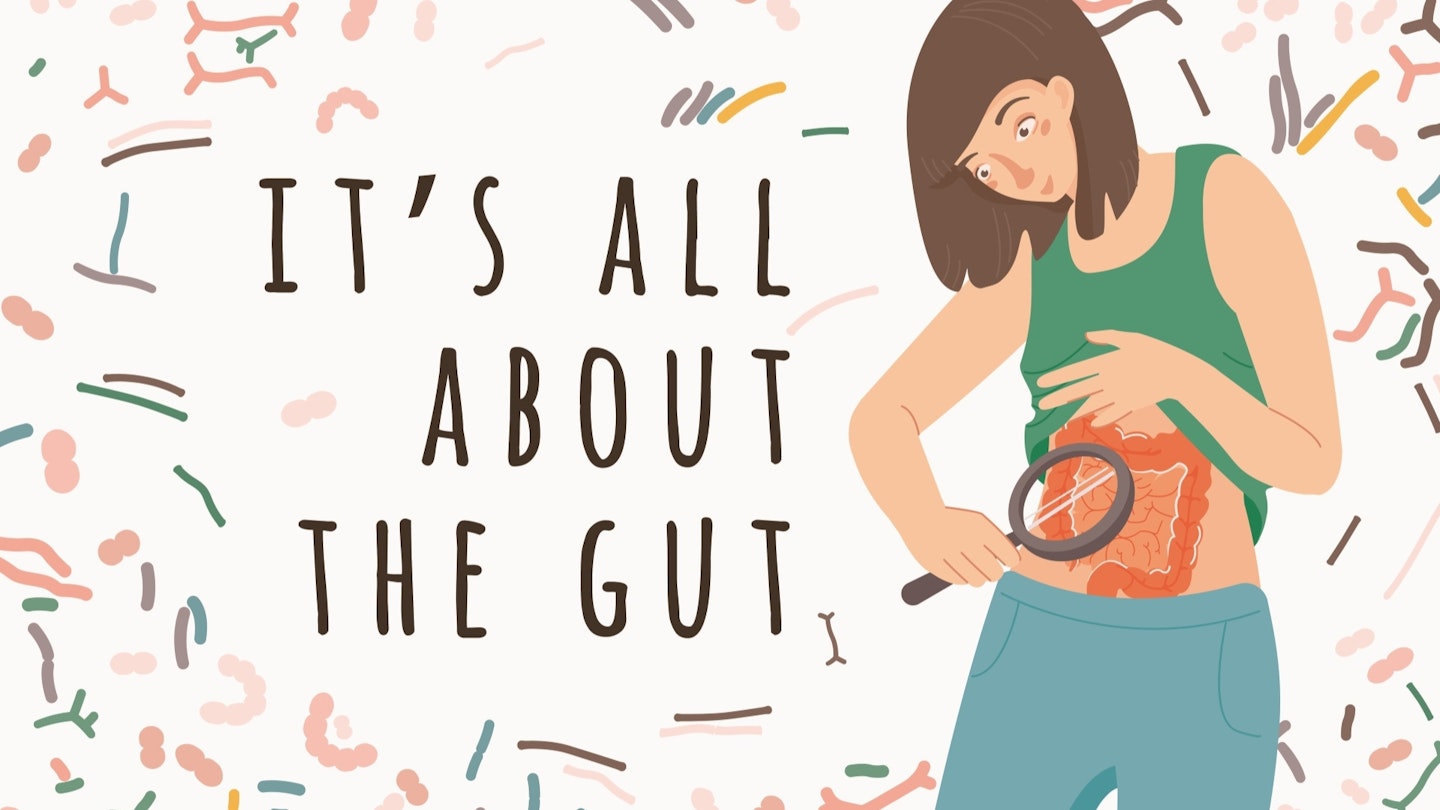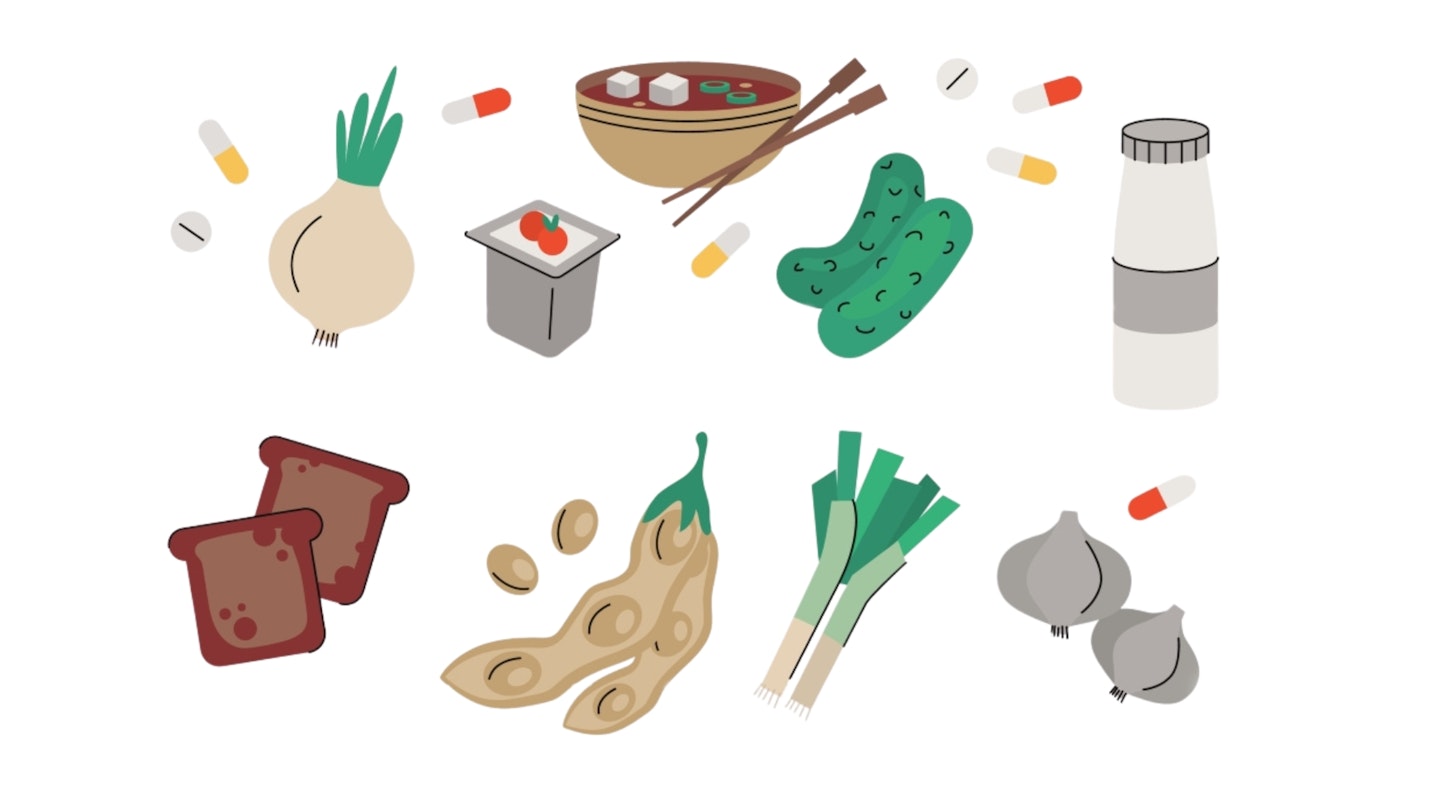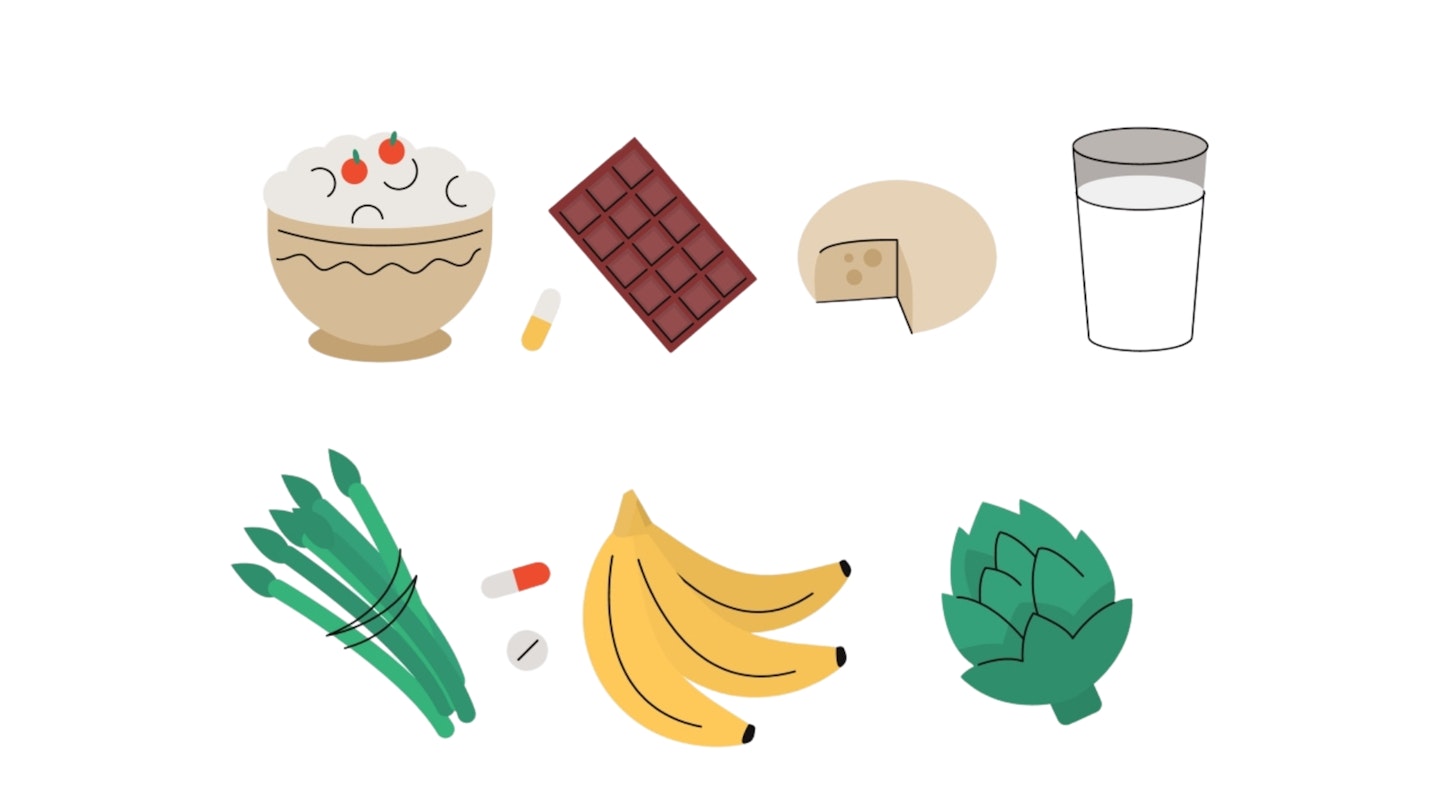What is good gut health, and why is it essential for our overall well-being? Are there easy ways to improve our gut to ensure optimal health and vitality?
For years now, scientists have considered gut health as key to influencing your mood and wellbeing. After all, 70 percent of your immune system resides in the gut, and neurotransmitters which affect our mood are synthesised in the gut. Improving your gut health can also affect your energy levels. “Our gut microbes help to create and regulate neurotransmitters, the chemicals in the brain responsible for happiness, motivation, and sleep – all the things directly tied to feeling more energised,” says Registered Dietitian Helen Bond.
You are what you absorb
“People say ‘you are what you eat’, but actually, you are what you absorb,” says Shann Jones, gut health specialist at Chuckling Goat. “How energetic you feel when you wake up in the morning is determined by how well you are absorbing the nutrients from your food. The bacteria inside your gut do most of the work of absorption and processing of nutrients inside your system. Scientists are discovering that if it weren’t for the help of bacteria living in your gut, there are many things that you wouldn’t be able to digest at all.”
This essentially means that while you may be eating a very healthy diet, if your bacteria are unbalanced, your gut will be unable to absorb all of the nutrients your body requires from it. This could be one explanation for feeling tired all the time despite having a healthy lifestyle.
Why’s my gut out of kilter?
“Imagine that your gut microbiome is like the Amazon rainforest, full of beautiful living organisms, all of whom are coexisting in a complex ecosystem,” says Shann. “Like any ecosystem, the one inside your gut is fragile and can be damaged. Things like sugar, antibiotics, stress, and environmental toxins can kill off the beneficial bacteria inside your gut, just like pouring bleach into a river kills off the fish. This disturbs the ecological balance inside your gut.” The good news is, once you’ve identified the problem, you can channel your inner eco-warrior to restore the harmony!
Stop feeling sluggish
“Bacteria cling to the inner lining, or epithelium, of your gut so that the water and food moving through your body don’t wash them away,” says Shann. “When the good bacteria are killed off, bad bacteria move into the empty space. If the bad bacteria grow faster than the good bacteria, the bad bacteria will take up all of the space on the wall of your gut. We call this ‘gut dysbiosis.’” And it’s this process that can lead to feeling tired.
Changing what you eat can induce large, temporary microbial shifts within just 24 hours, so happily, you can have a big impact in a short space of time. It turns out that many of us aren’t getting the recommended 30g of fibre a day (found in fruit, veg, wholegrains and pulses) that could help. “Fibre is like fertiliser for good microbes – nourishing, feeding and stimulating their growth and creating an environment that is beneficial for keeping our gut lining healthy, which, in turn, helps the absorption of nutrients,” says Helen. “That said, it’s important to increase our intake of fibre slowly, while our microbes get used to it, and drink plenty of water, as fibre needs fluid to work.”
How to spot an unbalanced gut

Symptoms can vary from person to person. “Gut problems can take various forms, such as diarrhoea, constipation, bloating, indigestion and stomach pain,” says Helen. “The NHS says that around 40 per cent of people have at least one digestive symptom at any one time!” You can buy various tests for gut health, but it’s best to speak to your GP if you have ongoing issues.
Best foods for great gut health
Probiotics

Probiotics are live bacteria and yeast that will add biodiversity to your gut. They tend to appear in fermented foods such as yoghurt, unpasteurised sauerkraut, kefir, and kimchi, which naturally contain beneficial live cultures.
Prebiotics

If probiotics are the fish in the tank of your tummy, then prebiotics are the fish food! Prebiotics help keep your good bacteria happy and are found in a wide range of foods you’d probably already think of as typically healthy. Particular examples include lentils, beans, oats, onions, and apples, but if you eat a varied, colourful diet of fruit and veg, you should be fine.
Lizzy Dening is an award-winning journalist and has spent many years working for Yours magazine both in-house and as a freelance writer and editor. Her specialisms include health and fitness, interviews (both real life and celebrity) and women’s issues. She’s also written for publications including Grazia, Vogue and the Guardian.
